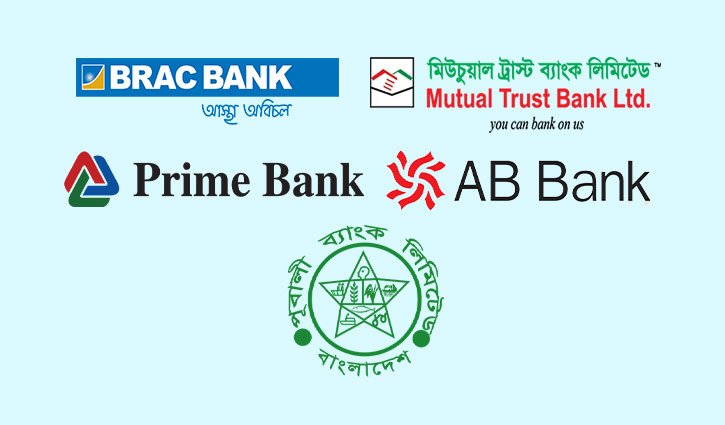Over a dozen Bangladeshi banks that have opened their exchange houses in the UK since 2009 and onwards are now facing an existential crisis because of the UK’s tough stance on cash transactions.
At least five banks have already closed their operations in the United Kingdom and the last name added to this list is Prime Bank. Earlier, AB, BRAC, MTB and Pubali banks stopped their exchange houses’ operations there.
“We’ve decided to dissolve our wholly-owned subsidiary, PBL Exchange (UK) Limited considering the changes in the regulatory landscape which has made the business prospect bleak,” said Hassan O. Rashid, managing director of Prime Bank.
Prime Bank opened the exchange house in the UK in 2010 aiming to bring in remittances to Bangladesh. Within five years, the bank opened three branches of its exchange house in the UK, making the operating cost very high.
Later in 2016, the bank appointed agents instead of branches to cut costs and the move had started paying dividends as the bank used to remit 6 million pounds sterling per month from the UK. A big blow from the regulator in the UK came in the same year.
Her Majesty’s Revenue and Customs (HMRC), which is the tax authority of the UK, ordered banks to close accounts of money exchange houses because of the high money-laundering risk associated with cash transactions.
“In 2019, NatWest told us that they could not keep our account with them. At the end of 2020 it closed our account,” Rashid told the Business Insider Bangladesh recently.
Accordingly, Prime Bank shut down its exchange house branch as monthly transactions went down to 1 million pounds from 6 million. On the other hand, monthly expenditure reached 40,000 pounds including salaries for 16 staff.
BRAC Saajan Exchange Limited (BSEL), a subsidiary of BRAC Bank Ltd, has been in the UK since 2011. The bank used to provide remittance services and cross-border payment solutions to south Asian migrants living in the UK and Europe.
On May 26 2021 BSEL received a letter from HMRC cancelling its business registration with immediate effect on account of alleged breaches of regulations, which BSEL rejected and is fighting in the court, according to the bank.
Most banks that opened exchange houses in the UK incurred losses from day one, according to Syed Mahbubur Rahman, managing director of Mutual Trust Bank, which also shut down its exchange house operations in the UK.
He said a few years ago the banking system in the UK said that they would not do MBS with exchange houses because of high cash transactions.
“You need a bank to deposit the money and here comes the necessity of MBS,” Rahman said.
Still, some banks of Bangladesh are running exchange houses in the UK despite growing challenges. One of those banks is Standard Bank Limited.
“Business is getting difficult. We are trying to adopt technology to reduce cash transactions,” Khondoker Rashed Maqsood, managing director of Standard Bank, told the Business Insider Bangladesh.

